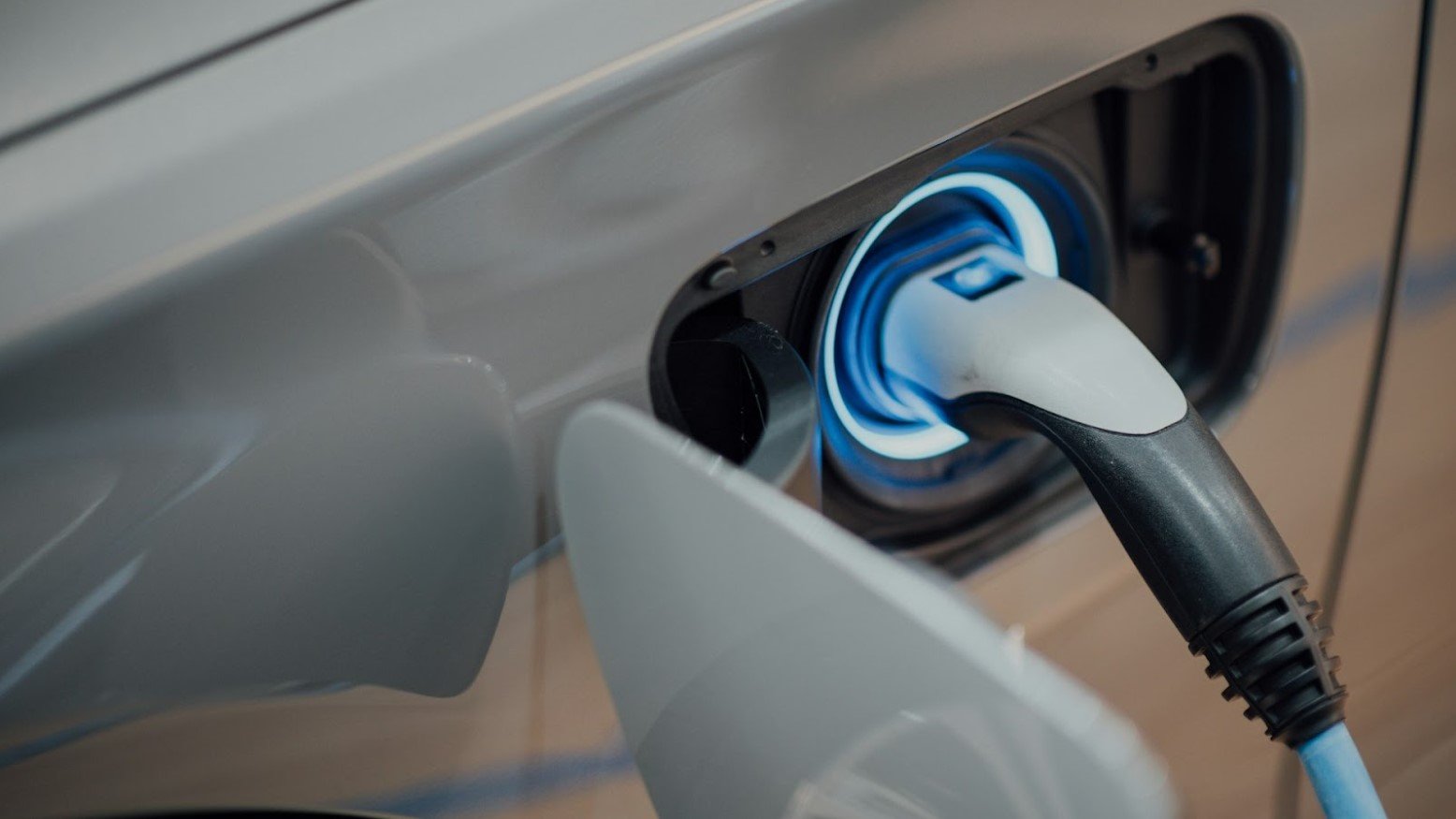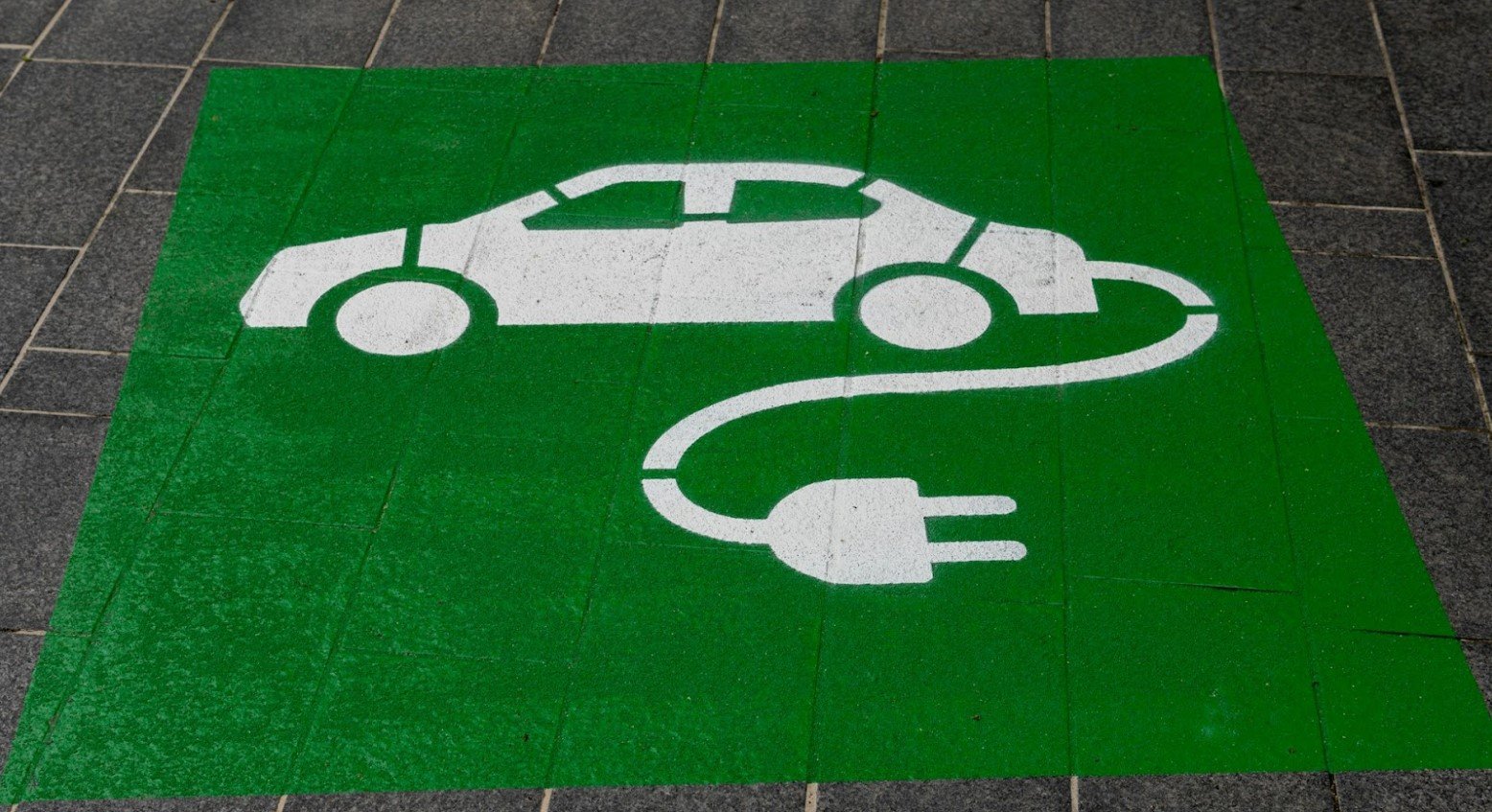If you think American cars, there’s probably a very clear mental image that crystallizes — full-size or even oversized SUVs. Pickups. The bigger, the better.
Heavy-duty vehicles like the Ford Expedition are popular family vehicles. But Ford’s CEO, of all people, is now asking for U.S. motorists to break this automotive addiction if the American car industry is to have a future.
The Electric Future

Automakers across the industry, including Ford, are looking to venture more and more into the EV space. However, in doing so, they face stiff competition from Chinese manufacturers like BYD.
For the long-term health of the American auto industry, Ford CEO Jim Farley says that Americans need to break from a consumer preference for larger vehicles and “get back in love” with small cars.
Goodbye to Trucks and SUVs

This is a telling statement from the CEO of Ford, a brand whose image is synonymous with trucks and SUVs. It marks a change in where they view long-term profitability to be coming from.
Farley says the next generation of Ford EVs will not be all-electric trucks and SUVs — historically the gas-powered profit drivers of the company — as these are “never going to make money.”
The Key to Profitable EVs

Expectations from American motorists to have larger vehicles with 300–400 miles of range are, in Farley’s opinion, unrealistic and unprofitable for manufacturers and consumers alike.
Ford’s strategy is to direct efforts toward developing smaller, more affordable EVs. Big, heavy-duty EVs are simply never going to be affordable and profitable due to the costs involved, as the battery alone is $50,000.
Change in Strategy

Farley’s comments do not refer to vehicles like Ford’s current all-electric F-150 Lightning pickup. Instead, they highlight a change in strategy moving forward.
Ford will be postponing production of a large three-row SUV originally planned for 2025, among other projects, to focus on smaller EVs. They hope to introduce a profitable $30,000 all-electric vehicle in around two and a half years.
Remaining Competitive Internationally

This move to “get back in love with smaller vehicles,” as Farley puts it, is important for widespread EV adoption and the associated societal and environmental benefits.
It’s also vital for the U.S. industry to remain competitive in the automotive landscape. If U.S. manufacturers can’t make profitable EVs, there are plenty of international competitors with established global supply chains who could take a foothold in the American marketplace.
A Competitive Advantage for Ford

Despite such stiff competition from overseas automotive manufacturers, Ford seems to have an advantage on home soil. For now at least.
If they can produce a profitable EV in the U.S., government policy currently discourages low-cost EVs from Chinese markets from hitting American soil. This gives Ford a potential leg up on their international competitors.
Tariffs

This advantage comes from legislation on Chinese-made imports providing economic shielding for American companies in the form of tariffs.
A suite of tariffs directed at China’s “clean energy” initiatives include a 100% tariff on EVs coming from the People’s Republic of China.
A Level Playing Field

Farley is very aware of how government policy helps Ford and other U.S.-based automotive manufacturers, particularly as they look to develop more in the EV space.
In Farley’s words, these government policies help to “level the playing field with low-cost Chinese competitors,” such as vehicles made by Chinese automotive juggernaut BYD.
Government Serious in Addressing Concerns

Regulations expand to also address potential concerns regarding consumer security and privacy when Chinese firms handle customer data.
Farley notes, “It seems like the government is very serious about passing policy around data privacy and autonomous technology coming from [Chinese automakers],” adding, “With the recent changes, I am more confident than I was before that we would have a level playing field with the Chinese in the U.S.”
A Matter of Need

Finding a way to profitably produce EVs is vital for the long-term health of American manufacturers and the nation’s automotive industry as a whole.
EV adoption is on the rise, and there is only going to be an increasing demand for affordable all-electric vehicles. Especially when you consider initiatives like California’s push to ban the sale of gas-powered vehicles by 2035.
Ford Confident About the Future

Farley’s comments paint a picture of a man with high hopes for the future of his company and the American auto industry as a whole. With government policy seemingly in place to stack the deck in his favor, he has every right to be hopeful.
But the big challenge comes in essentially re-training American motorists in their buying habits. After generations of having SUVs and trucks positioned as the aspirational American vehicle, bringing about a shift toward smaller EVs is no small challenge. And no amount of government policy can help rewire the wants of consumers.
